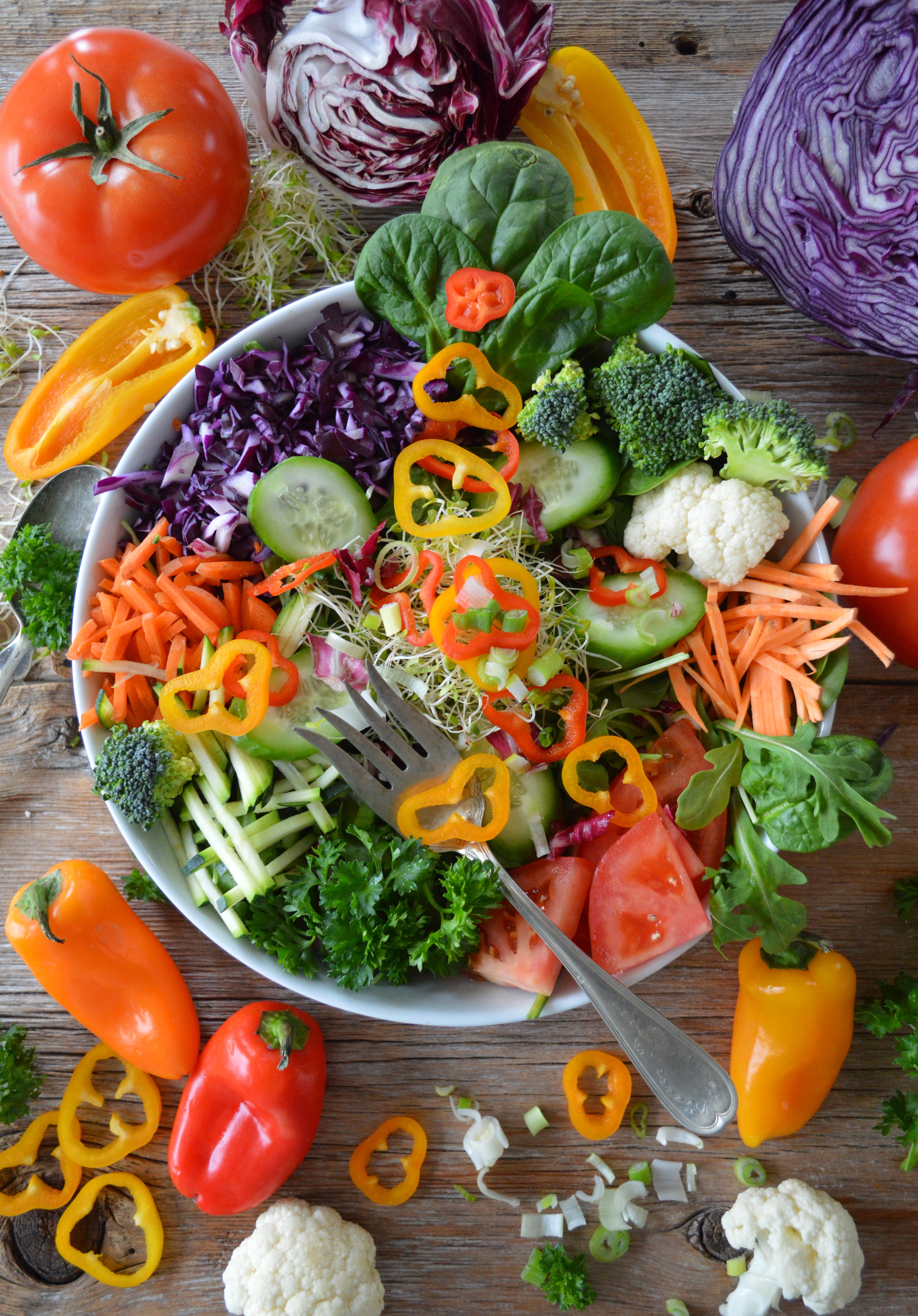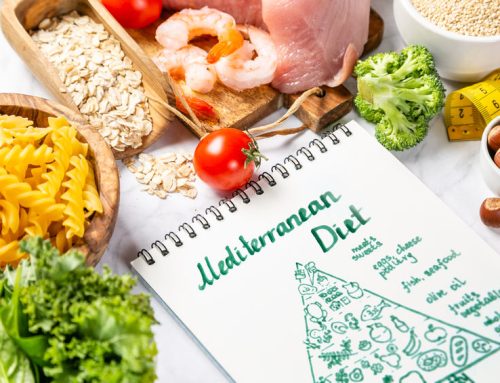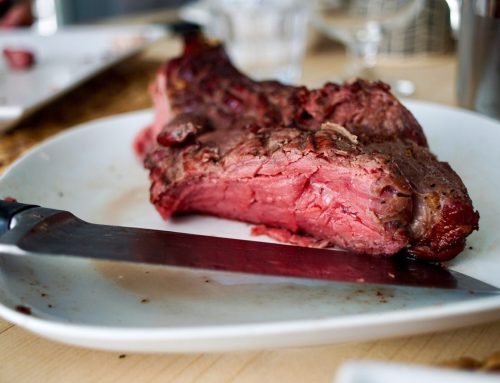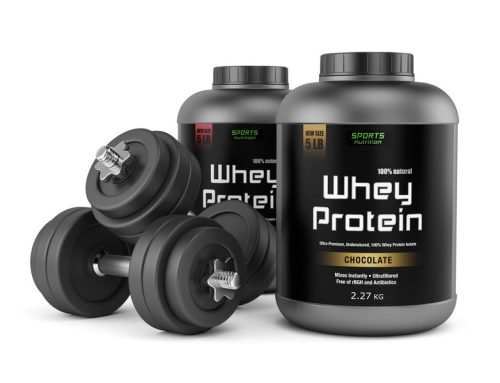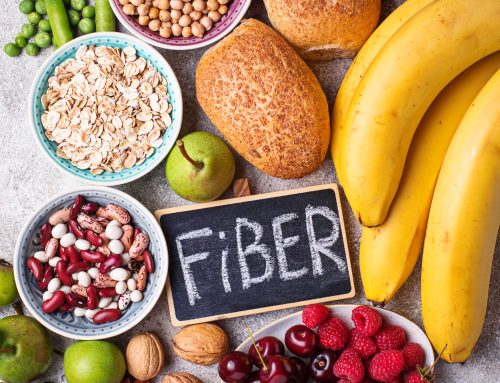Coronavirus and healthy eating. During this unprecedented worldwide event, it’s easy to let healthy eating fall by the wayside. Follow CDC guidelines for the coronavirus to stay healthy.
As Americans empty grocery shelves over fears of possible shortages during the coronavirus pandemic, one nutritionist says healthy eating doesn’t have to fall by the wayside.
Diane Rigassio Radler, director of the Institute for Nutrition Interventions at Rutgers University, in New Jersey advises that there is no need to hoard because there is plenty of food in the United States and food distributors are working to keep shelves stocked, said However, it is a good idea to have plenty of food at home to reduce the number of times you have to go grocery shopping, she added.
When you go shopping, try to go at times when stores are less crowded so that you can maintain adequate social distancing. Another option is online grocery shopping if that is still feasible in your locale.
Wash your hands as soon as you get home from grocery shopping. Then unpack your bags. Wipe off packaged foods with an alcohol-based paper towel or commercial antimicrobial wipe, and wash all produce. If you have reusable bags, wash them if possible or wipe them down with an alcohol-based towel.
Advice on Coronavirus and Healthy Eating
The Director of the Institute for Nutrition Interventions at Rutgers University offers the following guidelines for healthy eating during the coronavirus:
- Stock up on canned, frozen and dried non-perishable foods, but understand the differences. Canned foods last for years, but generally have a higher sodium content than the others.
- Frozen foods will last for months, but could go bad if there are power outages.
- Dried foods, including dried beans, pasta, shelf-stable milk, and root vegetables (carrots, potatoes) and squashes (such as acorn or butternut) are also good foods to have at home.
- A healthy diet with lots of fruits and vegetables and adequate protein and grains can help you maintain your immunity.
- Take care to limit your intake of added sugars and alcohol.
- Drink plenty of water.
- Try to get 150 minutes of physical activity per week, and stay well-rested.
- Moderate exercise can boost immunity, and lack of sleep can weaken your immune system.
If you decide to get takeout from a local restaurant, choose the healthy options. Don’t resort to comfort food. And, most importantly, always wash your hands before you eat.
Click here for article on the coronavirus and healthy eating.


